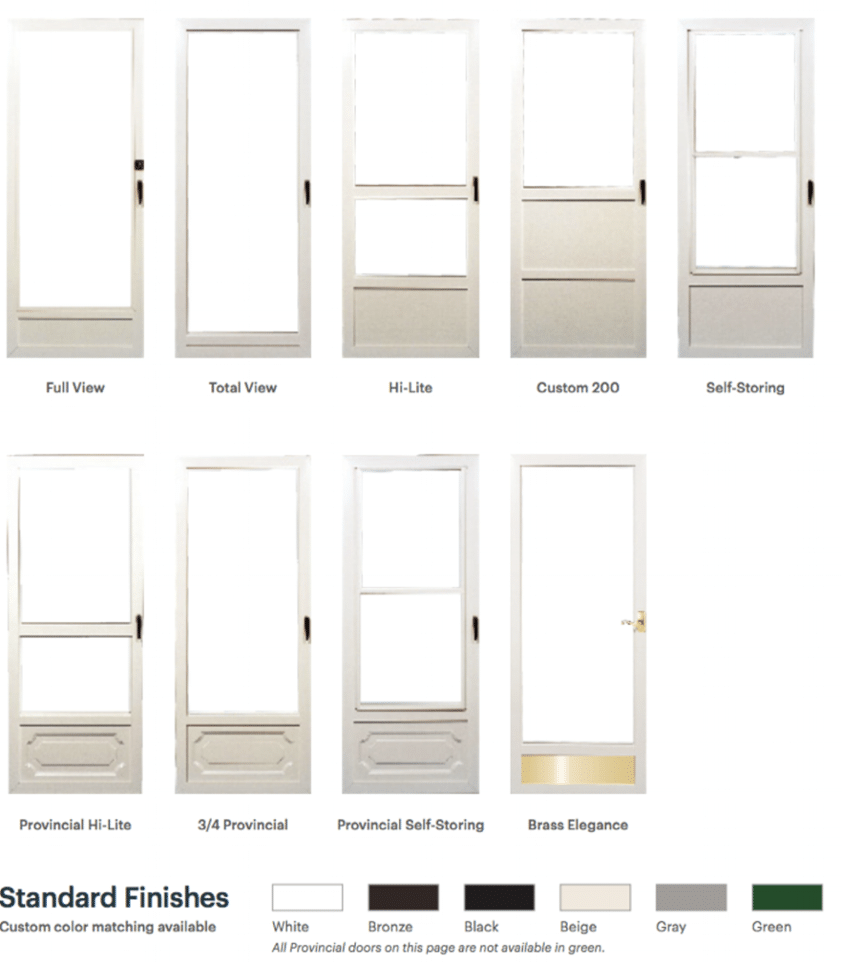A conversation with David Gardner, one of [company]'s experts.
1) What are the differences between new construction windows and replacement windows?
New construction windows have a flange on their perimeter that gets fastened directly onto the frame of the house while replacement windows can be fitted, or 'slipped', into the existing interior and exterior trim without disturbing the current aesthetic.
2) Is one method more beneficial than the other?
It's much more costly to undertake a new construction project than a replacement one for the purposes of a remodel. Economically speaking, a replacement window project requires less materials, less labor, and saves the same amount in heating. However, if your exterior trim is damaged or if you’d like to maximize the amount of visible glass, new construction is the way to go.
3) What's the most common misconception you see between new construction vs replacement windows?
Some people think that new construction windows are windows that can only accompany the new construction of a home, leaving all other windows in the replacement category. Instead, new construction windows can be implemented into existing homes that are undergoing renovations. However, with that said, the majority of our customers are looking for replacement windows and only require new construction windows when their homes are being built. We provide educational resources on our website that serve to educate our community and answer their questions before they have the chance to ask us.
4) How can you ensure the aesthetics of the home remain consistent when replacing windows?
It really depends if they replace all of their windows at once or if they do it piecemeal. If they do it piecemeal, it's generally for a financial reason, but we still find that the aesthetics of the home remain intact unless the house is much older. Then it gets a little trickier to match from an aesthetic standpoint. Otherwise, we rarely have trouble matching our customers with the right windows.
5) How should a new homebuyer assess the health and quality of new windows?
The first thing you can do as a homebuyer is to consult with your servicing electric utility to get a home energy audit performed. They'll send an energy auditor out to your house who will then proceed to show you where all of your air-leaks are and how you can optimize the performance of your home. The leaks are most common around windows and doors. If there's a significant number of leaks, that's when you'll want to do something about it. That's a great first step because it shows you potential investments you'll have to make down the road that would otherwise be invisible.
6) Are energy efficient windows still a growing trend?
Energy efficiency is a continuing concern for everyone as our awareness of our impact on our environment has grown, along with the added desire of homeowners to save money on their heating and cooling costs. The EPA and EnergyStar have done a very good job with the EnergyStar program in educating people about the existence of these products and their benefits. That said, what many people may not be aware of is that the standards manufacturers must meet have become more stringent over time -- a product which was ENERGYSTAR qualified in 2010 would not likely meet that qualification today -- and that isn't necessarily good news for homeowners.
In order to meet the changing criteria manufacturers are forced to use ever more expensive materials, with only a marginal improvement in the efficiency of the product. Those costs are passed along to the homeowner and combining increasing costs with decreasing improvements will quickly lead us to a point at which a reasonable return on investment isn't possible. Hopefully the EPA keeps that in mind when they go through their next round of changes to the qualification standards.
7) Are there any secrets to selecting the right windows?
The biggest thing I can offer is to be wary and cautious when purchasing new windows for your home. Do your homework. Research price ranges. And, most importantly, know the company you’re buying from. A high-quality product with a poor installation can be worse than a low-end product with a great installation Don’t allow contractors to come into your home and try to oversell you on something. For instance, if they try to sell you a standard vinyl window for thousands of dollars, something that’s clearly not high-quality, that should be an immediate red flag. And, on the other side, be skeptical of people who’re willing to do work that seems too inexpensive. Chances are the quality of the installation or product will be subpar. Just do yourself a favor and educate yourself as much as you possibly can beforehand, you’ll thank yourself later.
Subscribe to ProEdge Remodeling's Blog





